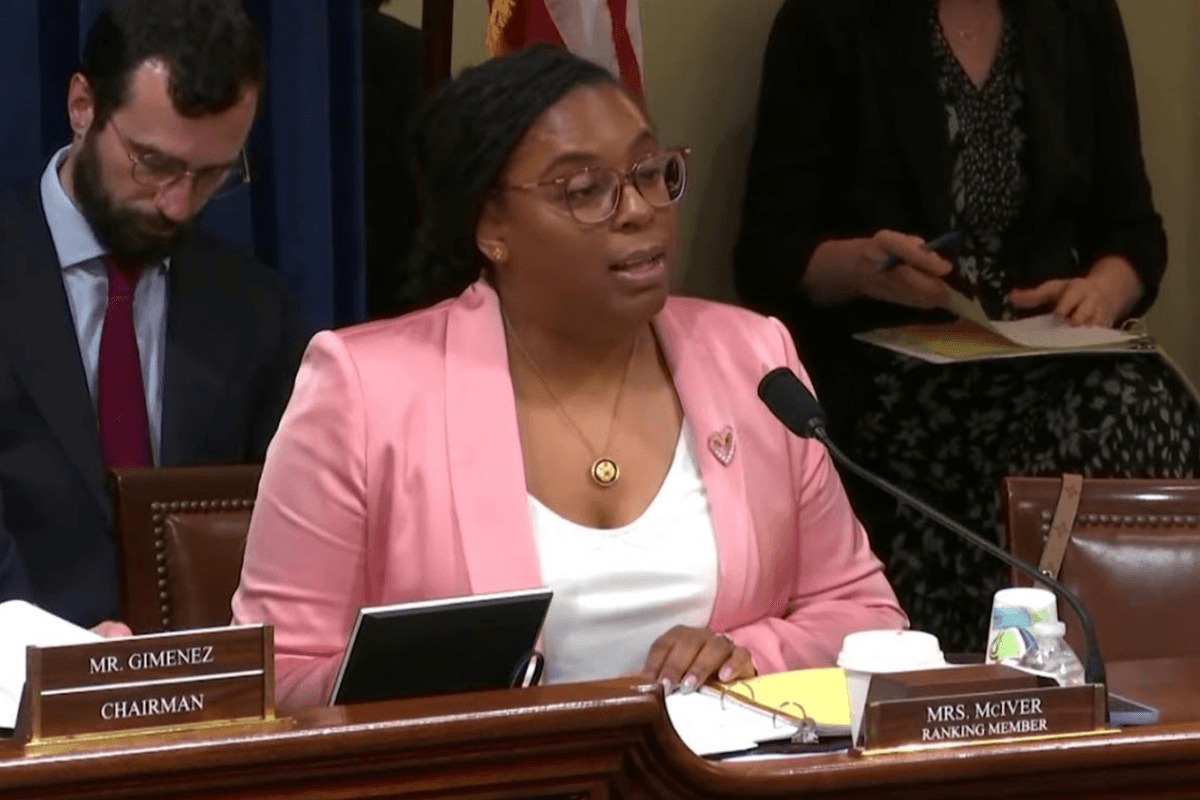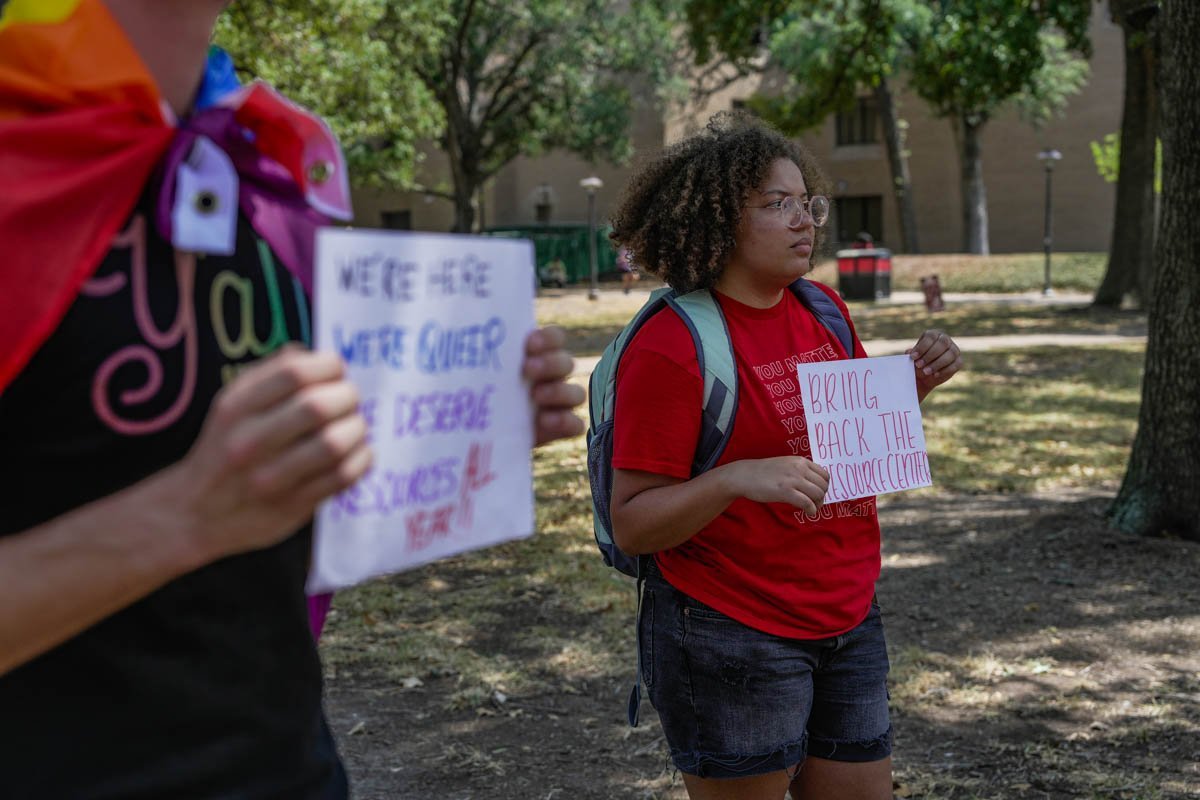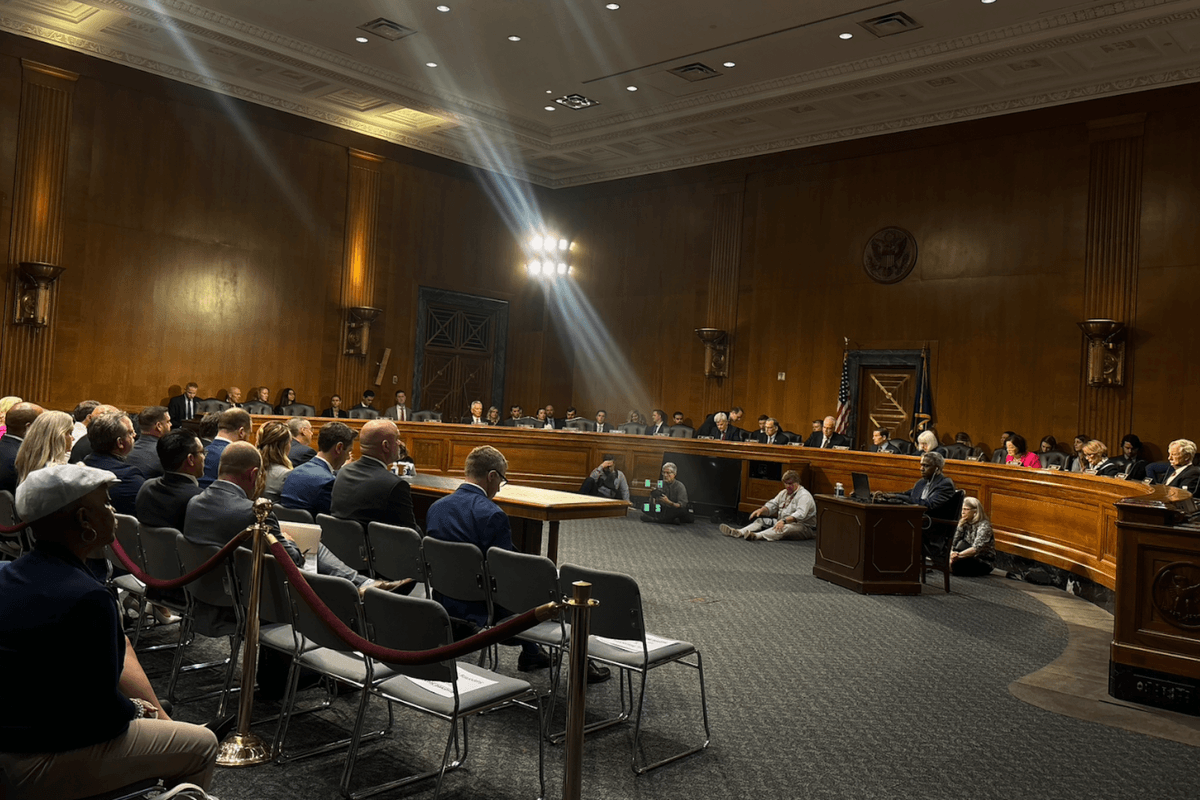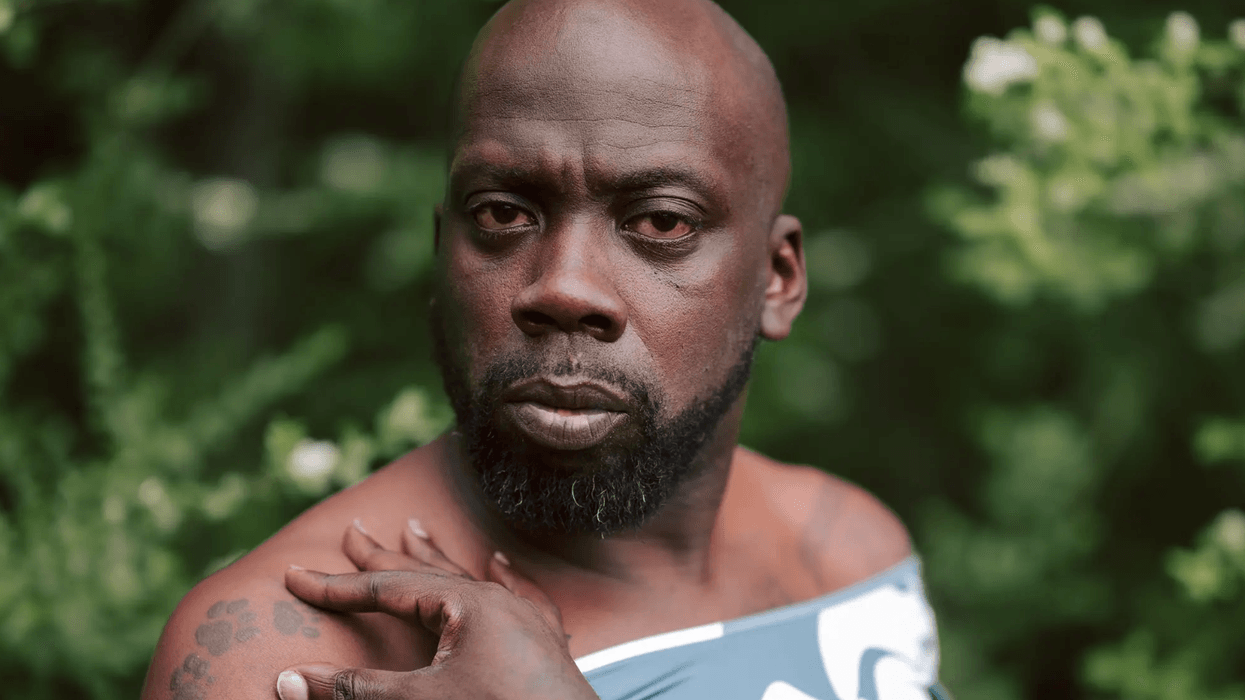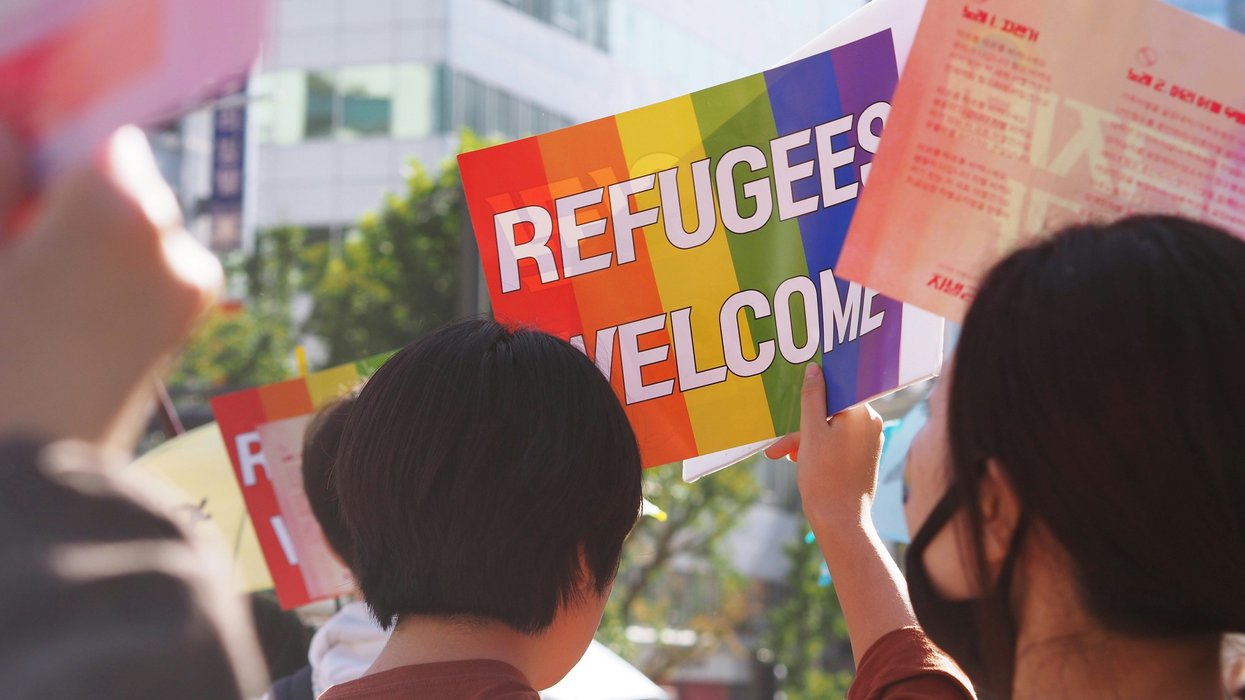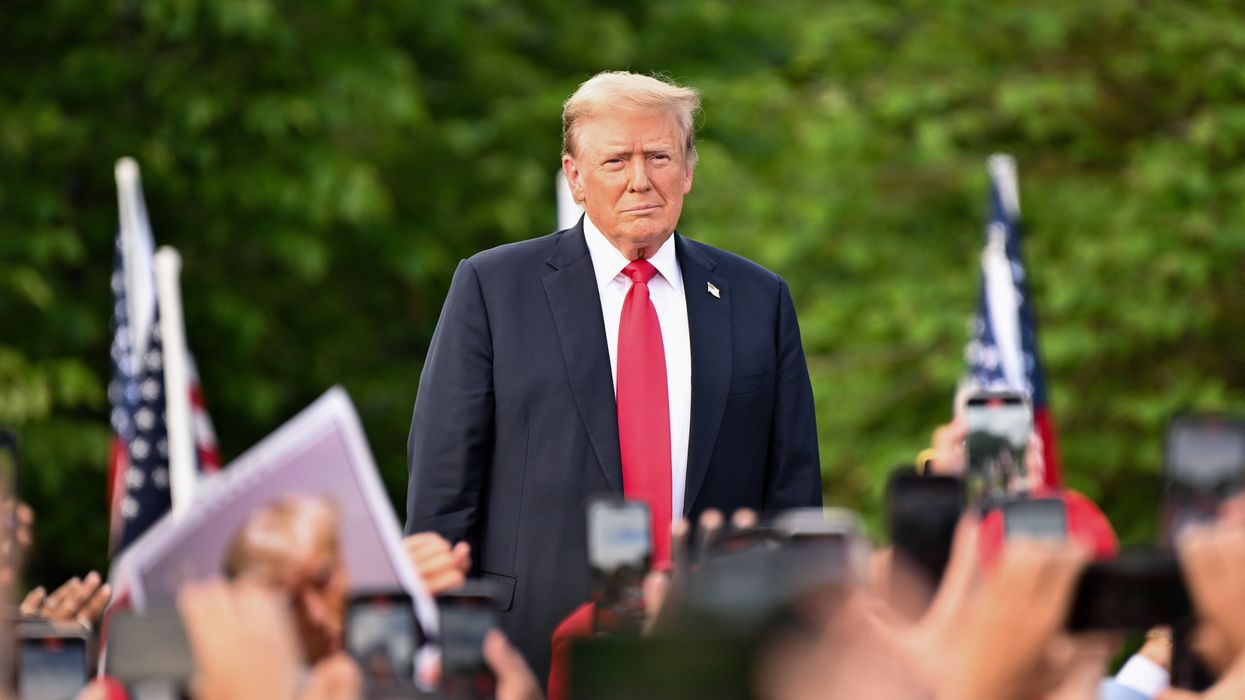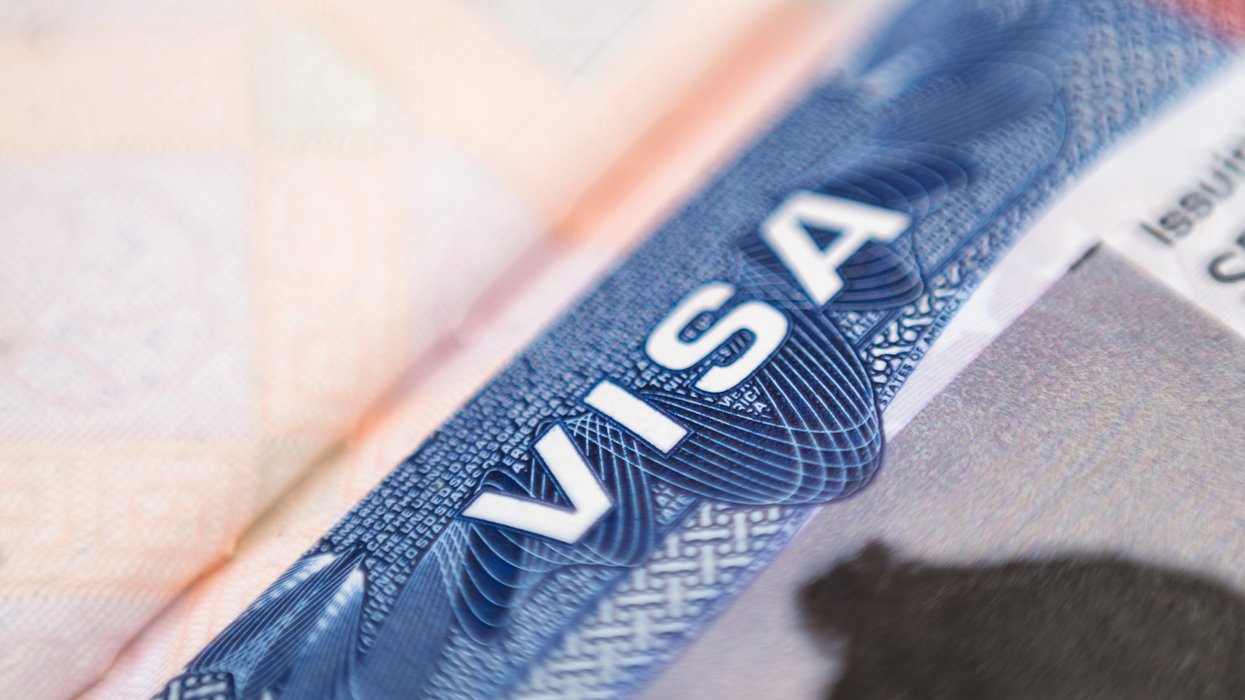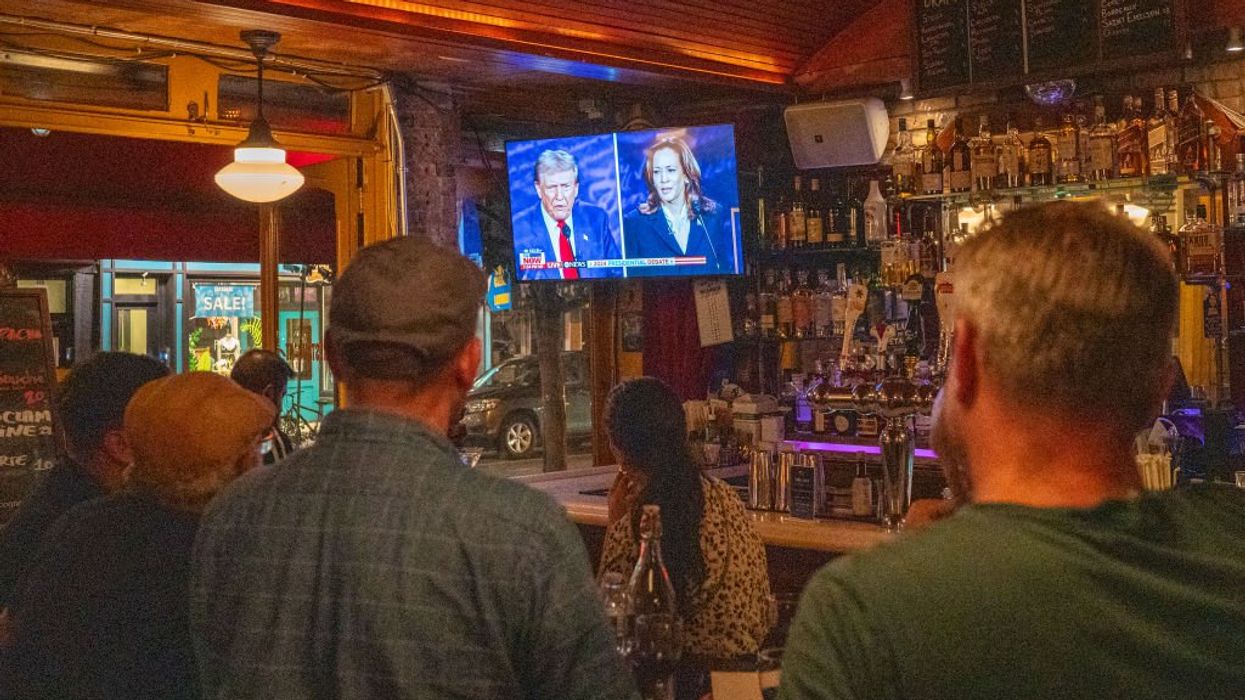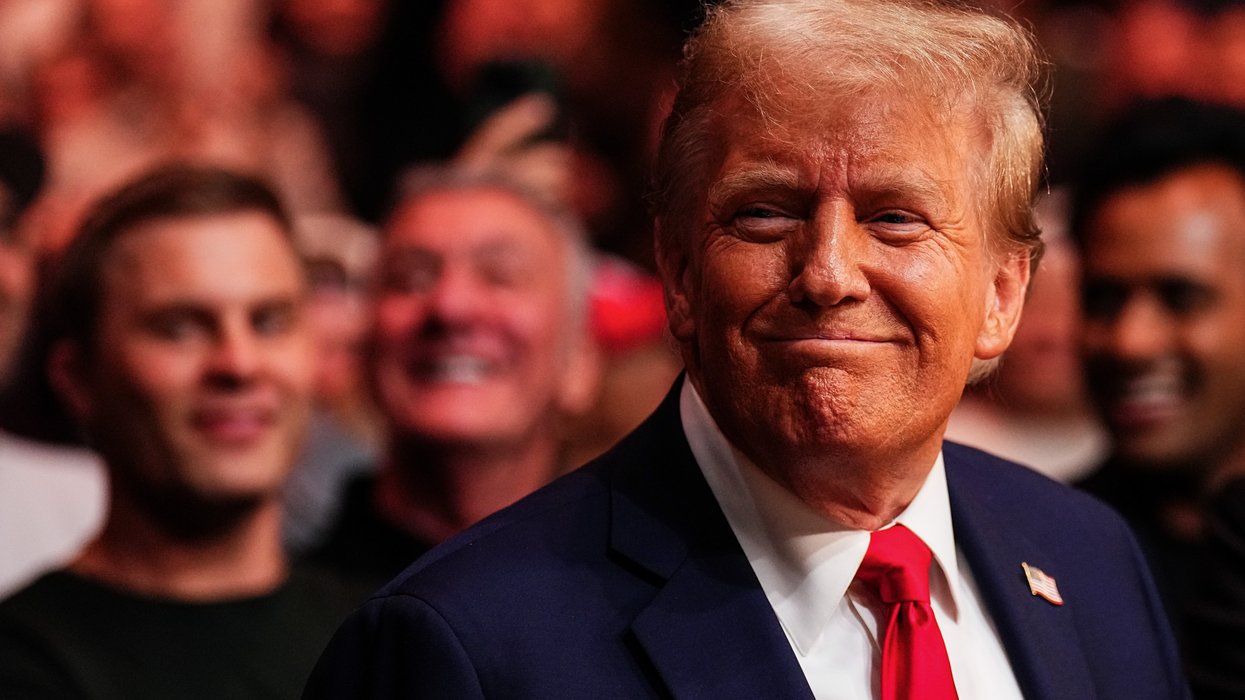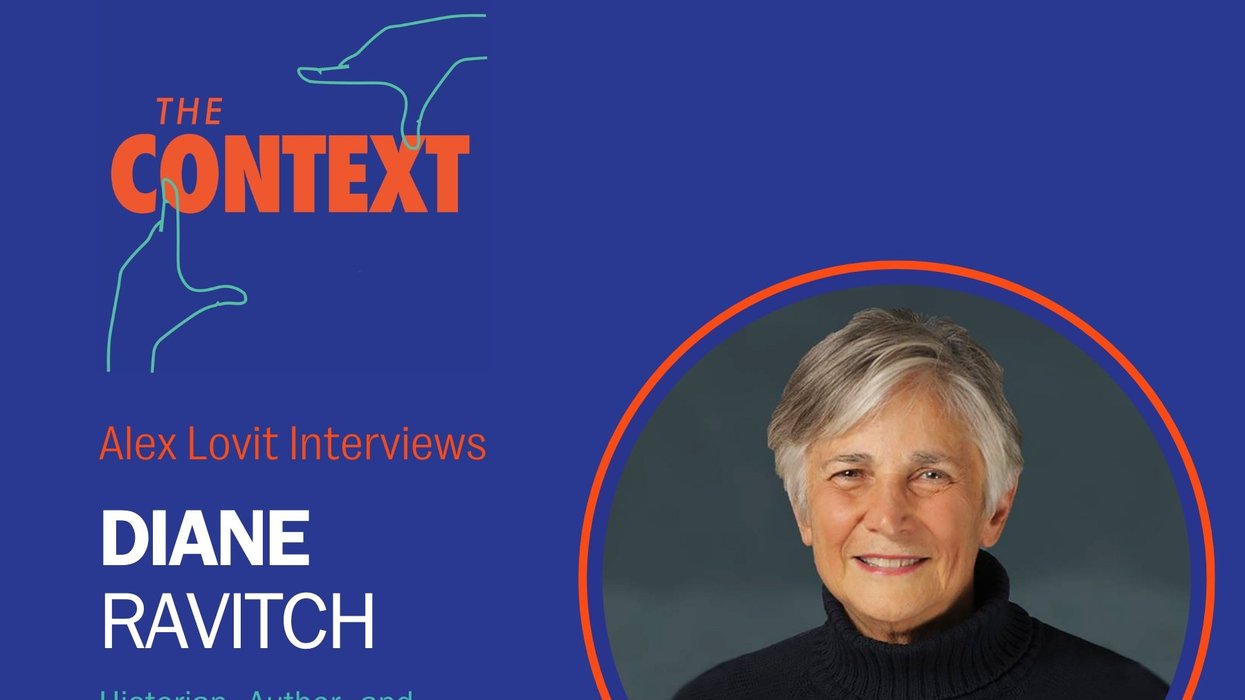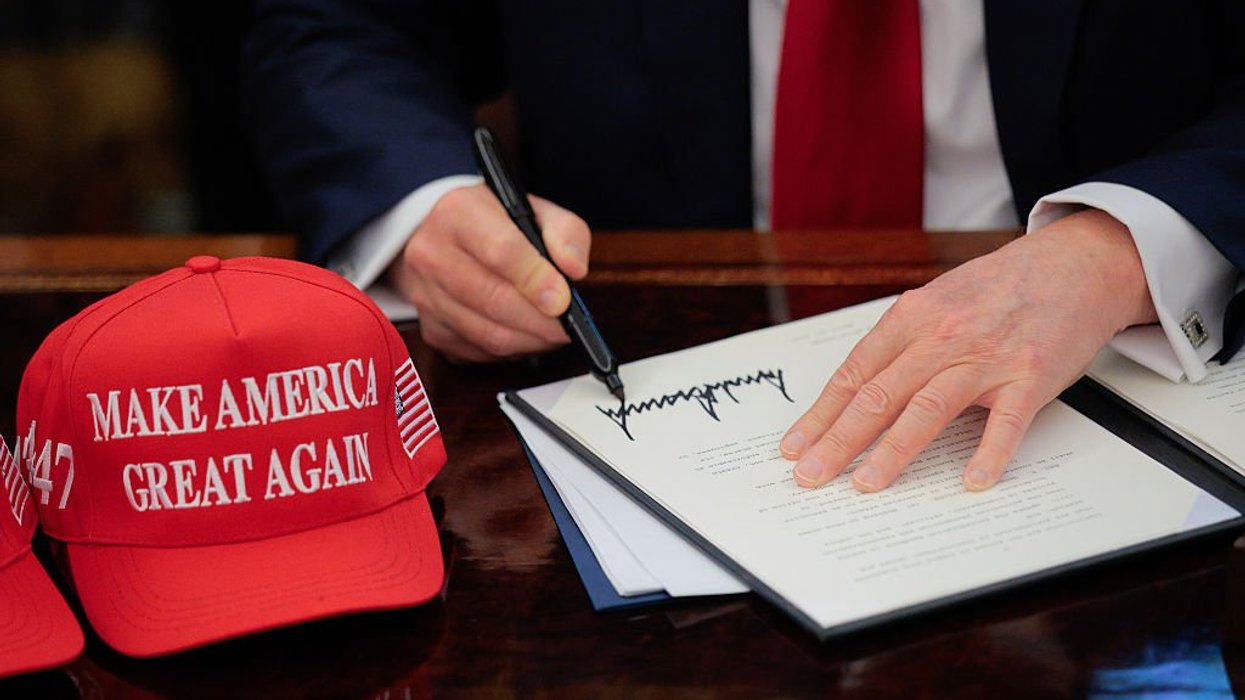The Brennan Center for Justice, a progressive think tank at New York University Law School, is one of the preeminent groups pushing for a comprehensive, reliable and safe election during the coronavirus pandemic. And helming that litigation, research and lobbying effort is Myrna Pérez. She runs the voting rights and elections program and has been with the Brennan Center most of her professional life, arriving after a stint at a civil rights firm in Washington and clerkships for federal trial and appeals court judges in Philadelphia. Before getting a law degree from Columbia in 2003, she was a health care and housing analyst for what's now called the Government Accountability Office, the congressional oversight agency. Her answers have been edited for clarity and length.
What's democracy's biggest challenge, in 10 words or less?
Politicians manipulating the rules so some of us can't vote.
Describe your very first civic engagement.
I vividly remember some important moments, but not the dates well enough to know what happened first. Going with my tia to the polls in my native San Antonio. A lot of confusion and frustration in early school experiences because of the cultural gaps between me and some of my teachers — and me trying, in my small-child way, to educate my teachers about my community. And asking my parents to donate to anti-hunger causes instead of giving me a Christmas present. If you asked my very large family, they'd probably tell you about the time I raised a fuss because one of my cousins intended to keep a fish he had caught that was just under the legal limit. They love to tell that story.
Sign up for The Fulcrum newsletter
What was your biggest professional triumph?
No one person is responsible for a victory and there are a million invisible ways people are set up to succeed by other people. Reframing the question into what victories made me the happiest, those would be passage in 2018 of the Florida referendum to restore voting rights to felons and the 2016 federal appeals court ruling that the Texas photo ID law violated the Voting Rights Act.
And your most disappointing setback?
I wasn't surprised but was nonetheless devastated when Matt Bevin became governor of Kentucky in 2015 and undid the executive order of his predecessor, Steve Beshear, ending a permanent and blanket ban on voting by people with criminal convictions. Fortunately the current governor, Andy Beshear, issued an executive order similar to his father's upon taking office last year.
How does your identity influence the way you go about your work?
My identity is why I do the work! My parents were Mexican immigrants. I was a girl in a large and pretty traditional immigrant family. I see the world in terms of the trauma, dysfunction and injustice that are caused by racism, poverty and sexism. But I'm also a person of faith. So I know how the human story ends: Love wins. One of the beautiful mysteries of my faith is that, while the beginning and the end of the story are set, God is using us to write the middle.
What's the best advice you've ever been given?
One is, "Never be so self-duplicitous that you conflate your friends with your contacts." The other comes from the Book of Micah: "Do Justice. Love Kindness. Walk Humbly with Your God."
Create a new flavor for Ben & Jerry's.
Mango, lime and chile sorbet.
What's your favorite political movie or TV show?
So many! But probably "Selma," the 2014 historical drama film about the 1965 voting rights marches in Alabama.
What's the last thing you do on your phone at night?
Check my calendar for tomorrow.
What is your deepest, darkest secret?
Even at my age, I can do a near perfect cartwheel. Also, I used to prefer flour tortillas to corn — but, to be clear, I have now seen the light.

